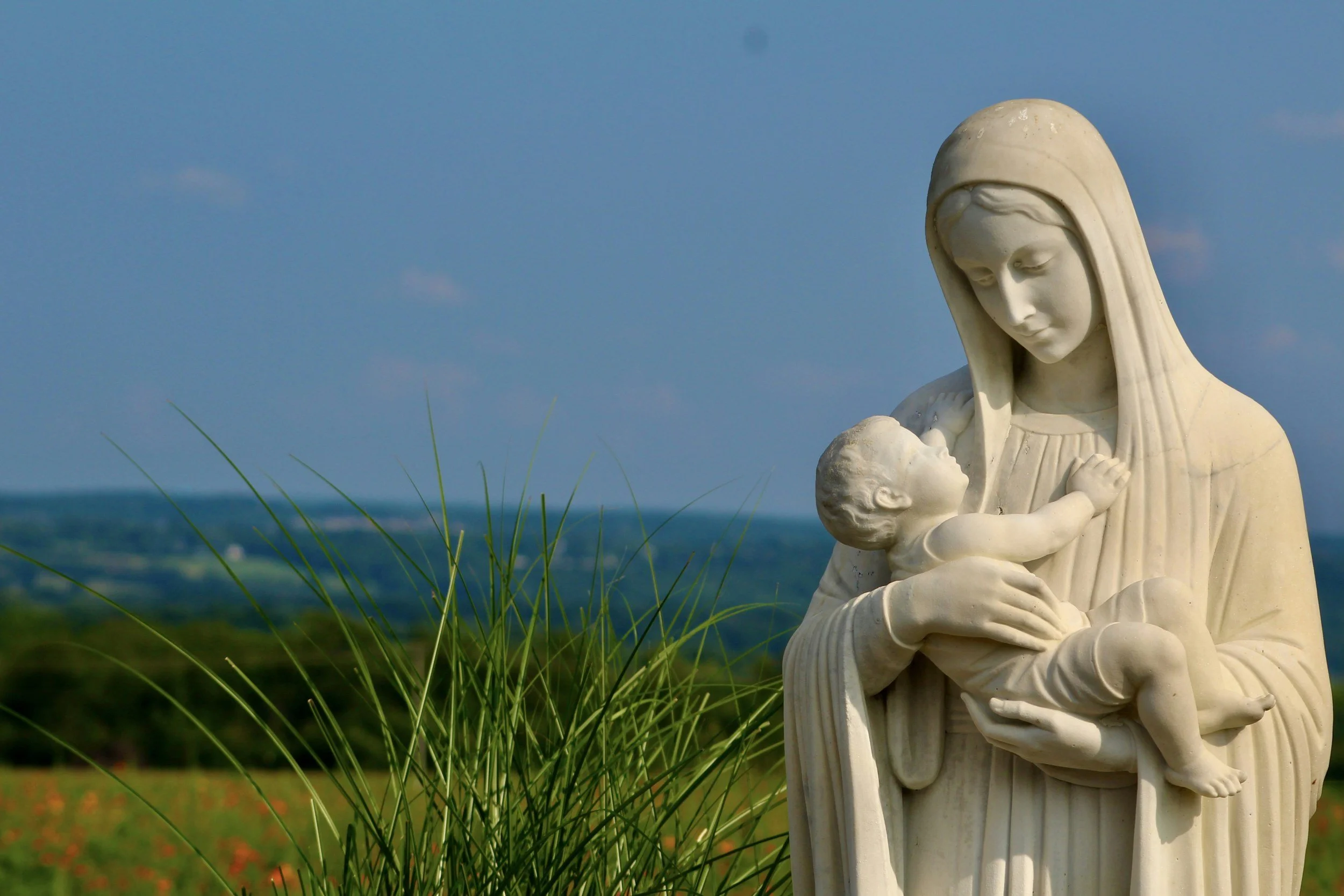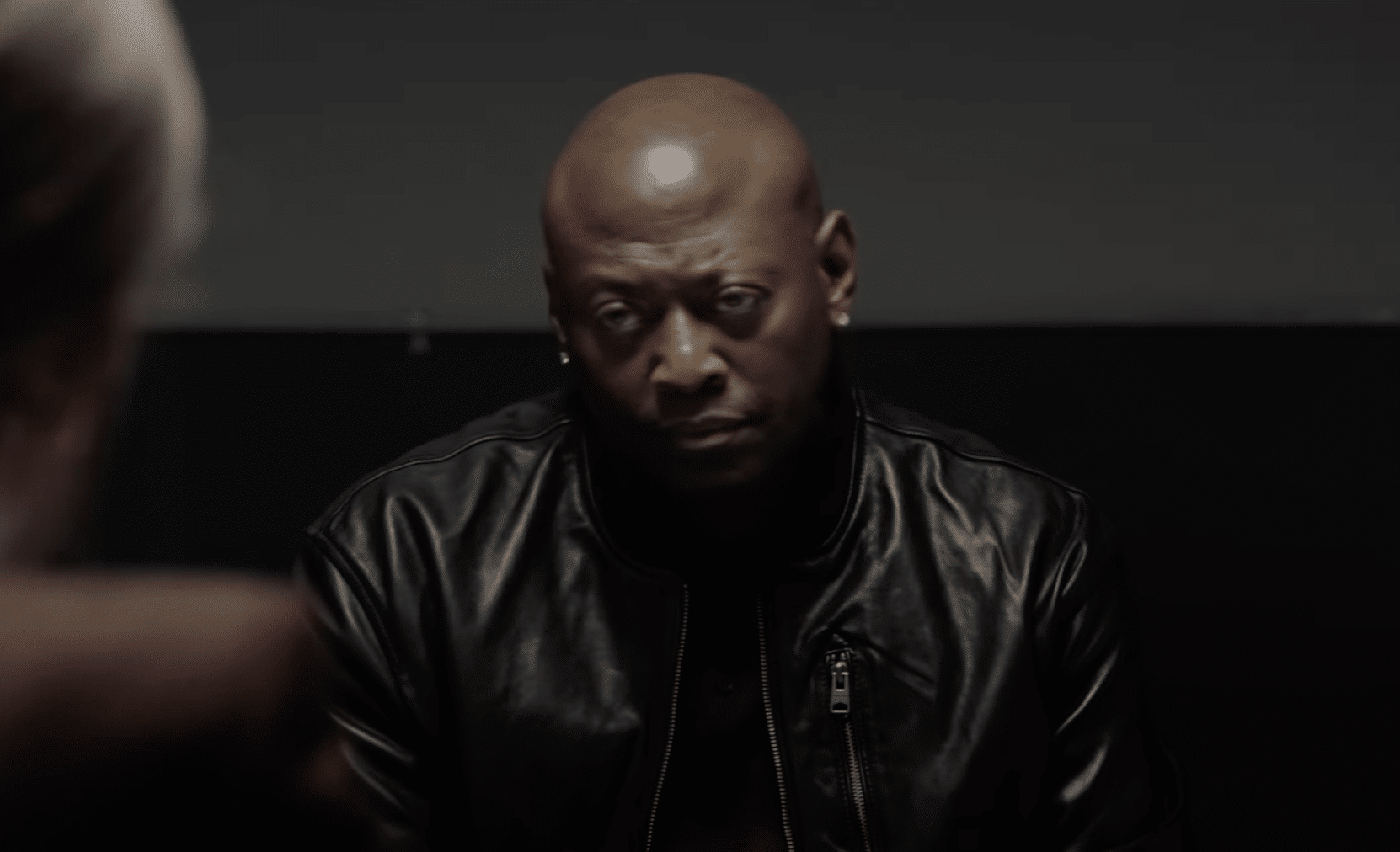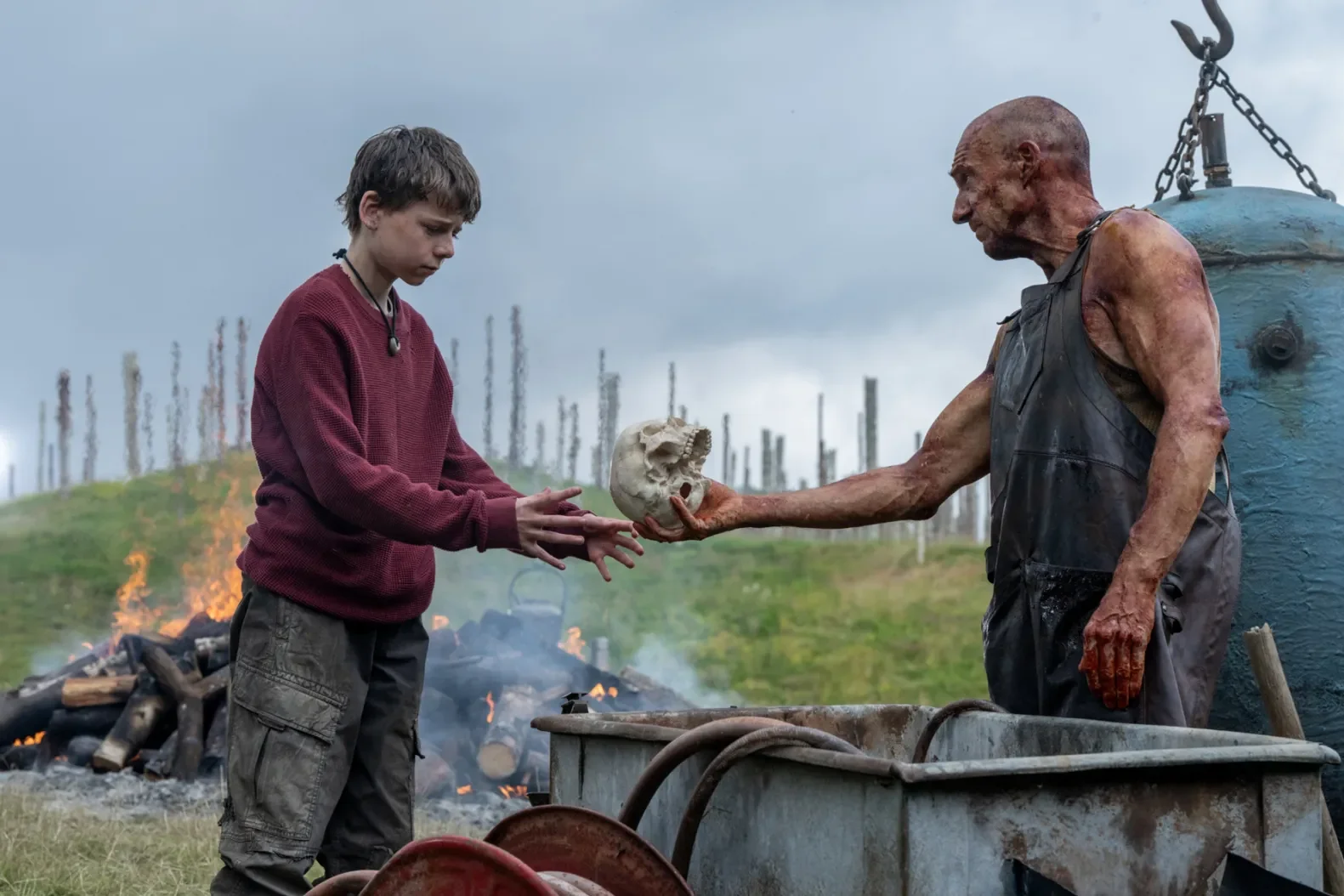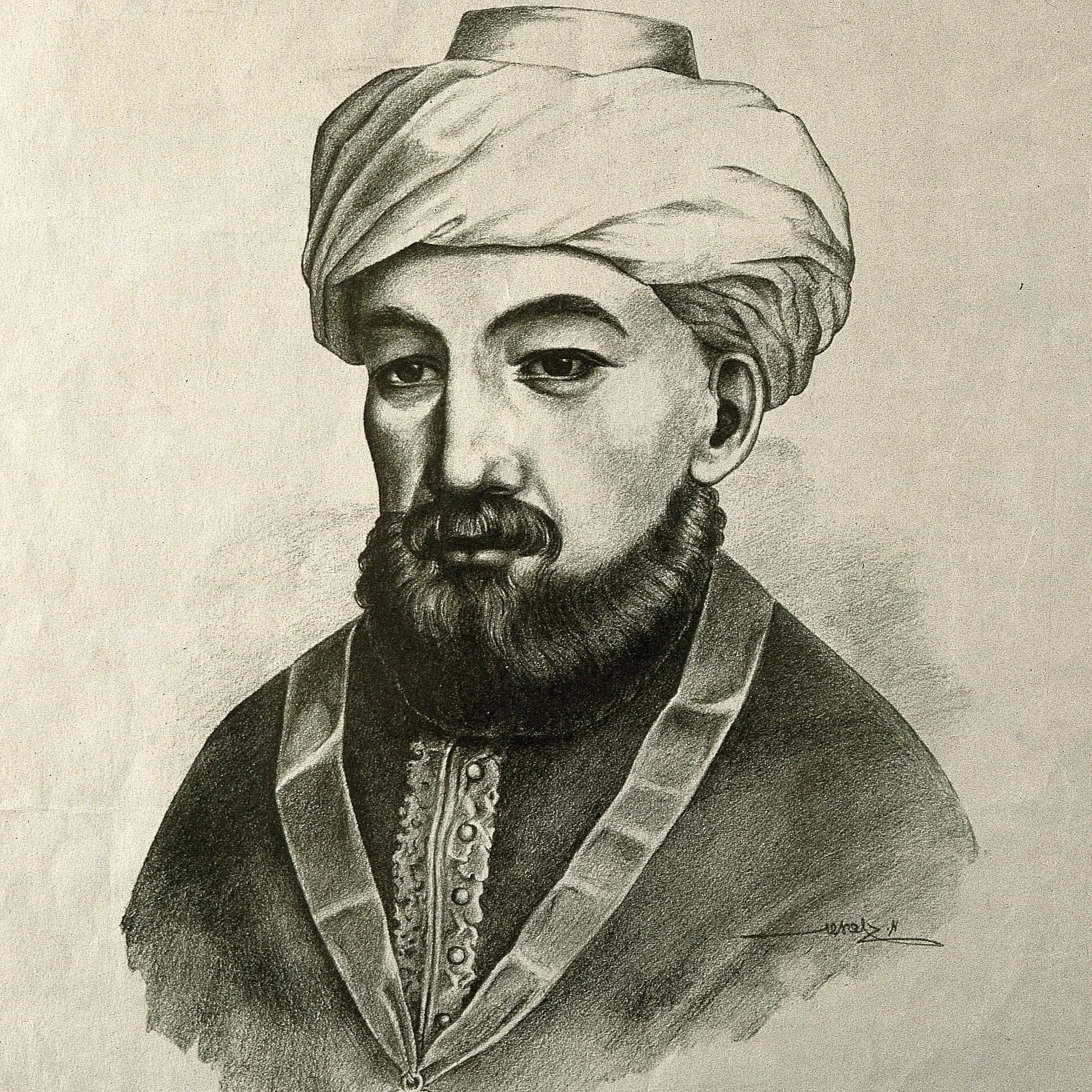(REVIEW) When it came out, the film was a watershed moment for the faith-based film industry. It was the highest-grossing independent film of 2018. This showed that faith-based films could succeed in the mainstream commercially and critically. Not only did this create more investment in faith-based projects, but also shaped future films.
Read More(REVIEW) Ilhan Mohamed Abdi’s “The Ramadan Kitchen” blends memory, faith and flavor, drawing on her Somali and Egyptian heritage to explore Ramadan through food. Organized around suhoor, iftar, Eid and shared meals, the cookbook celebrates fasting, generosity and cross-cultural connection across nearly 80 recipes.
Read MoreJames Tabor opens his book, “Lost Mary: Rediscovering the Mother of Jesus,” with a paradoxical statement: “Jesus’s mother, Mary, is the best-known, least-known woman in history.” He argues that she’s been lost through “the thick fog of later tradition and theology” and “systematically erased over the past two millennia.”
Read More(REVIEW) Faith-based films about sex trafficking are becoming more common, reflecting cultural anxieties and a push toward grittier storytelling. “Still Hope” exemplifies this trend, offering a sincere portrayal of recovery, but ultimately faltering through one-dimensional characters, didactic messaging and a tendency to prioritize education over authentic stories.
Read More(REVIEW) “Moses the Black” is a gritty, well-crafted independent film exploring faith, violence and redemption through a Chicago gang leader’s encounter with a historical saint. Anchored by strong performances and confident direction, it offers a rare, authentic portrayal of religious experience largely absent from Hollywood and deeply rooted in lived belief.
Read More(REVIEW) “28 Years Later: The Bone Temple” comes out. This film functions less as a fourth sequel to “28 Days Later” and more as a direct one to “28 Years Later,” following the events from that film. In a shift, “The Bone Temple” makes the antagonists Satanists rather than Christians. This reflects a world, very much like ours, where Christianity is no longer atheism’s chief rival.
Read More(REVIEW) The faith-based film industry is going through major changes. It’s starting to break into the mainstream, with critical and box office success. As a result, there’s a new film genre called “based faith” targeting conservative, Christian male audiences, but if “The Pendragon Cycle: Rise of the Merlin” premiere is any indication, this new genre has a rocky road ahead.
Read More(REVIEW) Ryan Burge has created the most important and readable book right now to understand religious decline and polarization in the U.S. His message to commit your life to a shared community is one America needs right now. But it will be up to others to create and maintain the compelling shared vision that binds together the community that Burge wants.
Read More(ANALYSIS) You’ve probably heard of Thomas Aquinas, a prominent medieval scholar who combined Christian theology and Greek philosophy. However, you may not be familiar with the renowned Jewish scholar Moses Maimonides, whose ideas significantly influenced Aquinas’s thought.
Read More(ANALYSIS) One of the things few people discuss about the “Avatar” films is how deeply “faith-based” they are. In fact, their spirituality may be one of the most influential things about the franchise in Hollywood. Since the first film graced theaters in 2009, Hollywood has followed its example in portraying religiosity on film — both for good and ill.
Read More(REVIEW) Children’s constant attachment to their screens — and how that behavior impacts their mental health and development — is an issue of much consternation for parents today, and one that’s virtually impossible to avoid or ignore. “Connected: Parenting Faithfully in the Digital Age” looks to equip parents to combat the ill effects of unlimited digital access — centered around a God-seeking family life.
Read MoreIn a special year-end edition, Weekend Plug-in counts down the Top 10 most popular Religion Unplugged stories from the past 12 months.
Read More(ANALYSIS) There’s no doubt that faith-based films blew up in 2025. Whether that’s in the faith-based film industry putting out record-breaking theatrical releases of “The Chosen” and other Jesus movies or Hollywood exploring religion with a newfound earnestness in the horror genre or blockbusters, faith was everywhere this year.
Read More(REVIEW) The film follows the real-life story of Ann Lee, who in the 18th century was the founding leader of the Shaker Movement and was proclaimed as the female Christ by her followers. “The Testament of Ann Lee” is an example of why Hollywood is interested in stories about faith. It’s also an example of why it’s hard for them to capture the experience in a way that resonates with believers.
Read More(REVIEW) The film follows Biblical hero David, and while the film itself is rather underwhelming, its very existence is cause for celebration and optimism. We’ll likely see more, and better, animated faith-based films on the big screen in the coming years.
Read More(REVIEW) A new book traces the footsteps of Christian pilgrims to Jerusalem for nearly a millennium before the Crusades, and the path differs significantly from the path tour guides take travelers on today. “But do the walk as you wish, and commemorate each station however you choose. From revisiting the material to simply enjoying the walk.”
Read MoreChurches and cathedrals around the U.K. hold works of art by some of the most important and exciting artists of the past 100 years. But unless you know where to look, many can be hard to find. High-profile examples include significant commissions by Elisabeth Frink, John Piper and Graham Sutherland at Coventry Cathedral.
Read More(REVIEW) “The Case for Miracles” attempts to encourage all of these groups with belief in the miraculous. Unfortunately, it tries to do too much and please too many potential audiences. The result is that, though its heart is in the right place, almost everyone, even those who agree with it, will likely go away unpersuaded and unsatisfied.
Read More(ANALYSIS) These films give us hints as to potential “whys” behind rising Western antisemitism. When you look at the lessons the historical dramas teach, and the movies made about their legacy today, you see deep tensions. These tensions suggest that some of the popular secular lessons our culture has derived from the Holocaust are also planting the seeds of its rejection.
Read More(REVIEW) In “Miracles and Wonder,” historian Elaine Pagels examines the life of Jesus through historical, textual and theological lenses. Balancing faith and skepticism, she revisits questions of the virgin birth, miracles, crucifixion and the resurrection — ultimately portraying Christianity’s enduring power as rooted not in certainty, but in hope.
Read More


















